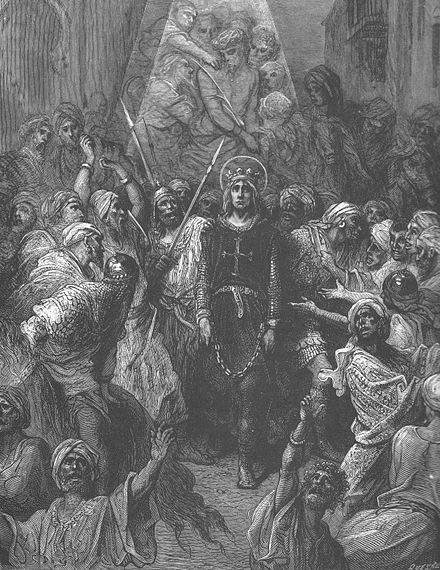
1930
Farewell Constantinople, Hello Istanbul
One of the great cities of the world is located just south of the Black Sea and reaches across the Bosphorus Strait from Europe to Asia. It was founded as a Greek city, a colony of Megara, named Byzantion. When the site was chosen as the location of the new capital of the recently-Christianized Roman Empire, it was dubbed New Rome but became better known as Constantinople. Since 1930 it has been called Istanbul.
When the Ottoman Turks blew open the walls of Constantinople and killed the last Roman Emperor in 1453, the once-magnificent city was a ghostly shell of its former self: underpopulated, poverty-stricken, with vast areas inside its walls returned to nature. Mehmet the Conqueror was determined to revive the city and make it his capital; he encouraged the Christian population to stay on, compelled Turkish settlers to immigrate, and began an infrastructure and building campaign that his successors would continue until the glory of the city was restored. For almost 500 years under the Turkish empire the name Constantinople was retained, but when that empire was toppled a change was made.
Mehmet Pasha, aka Ataturk, was the founder of a new, secular Turkish republic in 1923 and he meant to drag his nation into the 20th century. He crushed the power of the Islamic clergy, abolished the Caliphate, banned Arabic and replaced it with Roman letters, discouraged the wearing of the turban (the fedora was now the headgear of choice), and moved the capital from cosmopolitan Constantinople to the provincial city of Angora in the interior. Ataturk wished to emphasize Turkishness, not the multi-national Ottoman regime. As a symbol of this, Angora became Ankara and Constantinople was renamed Istanbul, probably from a bastardization of the Greek phrase. “to the City”.
In 1953, in honour of the 500th anniversary of the fall of the city, the Canadian pop group The Four Lads recorded “Istanbul (Not Constantinople)”, a humorous take on the name change written by Jimmy Kennedy and Nat Simon. The lyrics proclaim:
Istanbul was Constantinople
Now it’s Istanbul, not Constantinople
Been a long time gone, Oh Constantinople
Now it’s Turkish delight on a moonlit night.
Every gal in Constantinople
Lives in Istanbul, not Constantinople
So if you’ve a date in Constantinople
She’ll be waiting in Istanbul.
Even old New York was once New Amsterdam;
Why they changed it I can’t say;
People just liked it better that way.
So, Take me back to Constantinople
No, you can’t go back to Constantinople
Been a long time gone, Oh Constantinople
Why did Constantinople get the works?
That’s nobody’s business but the Turks
Istanbul
Istanbul
Istanbul
Even old New York was once New Amsterdam
Why they changed it I can’t say
People just liked it better that way
Istanbul was Constantinople
Now it’s Istanbul, not Constantinople
Been a long time gone, Oh Constantinople
Why did Constantinople get the works?
That’s nobody’s business but the Turks
So, Take me back to Constantinople
No, you can’t go back to Constantinople
Been a long time gone, Oh Constantinople
Why did Constantinople get the works?
That’s nobody’s business but the Turks













